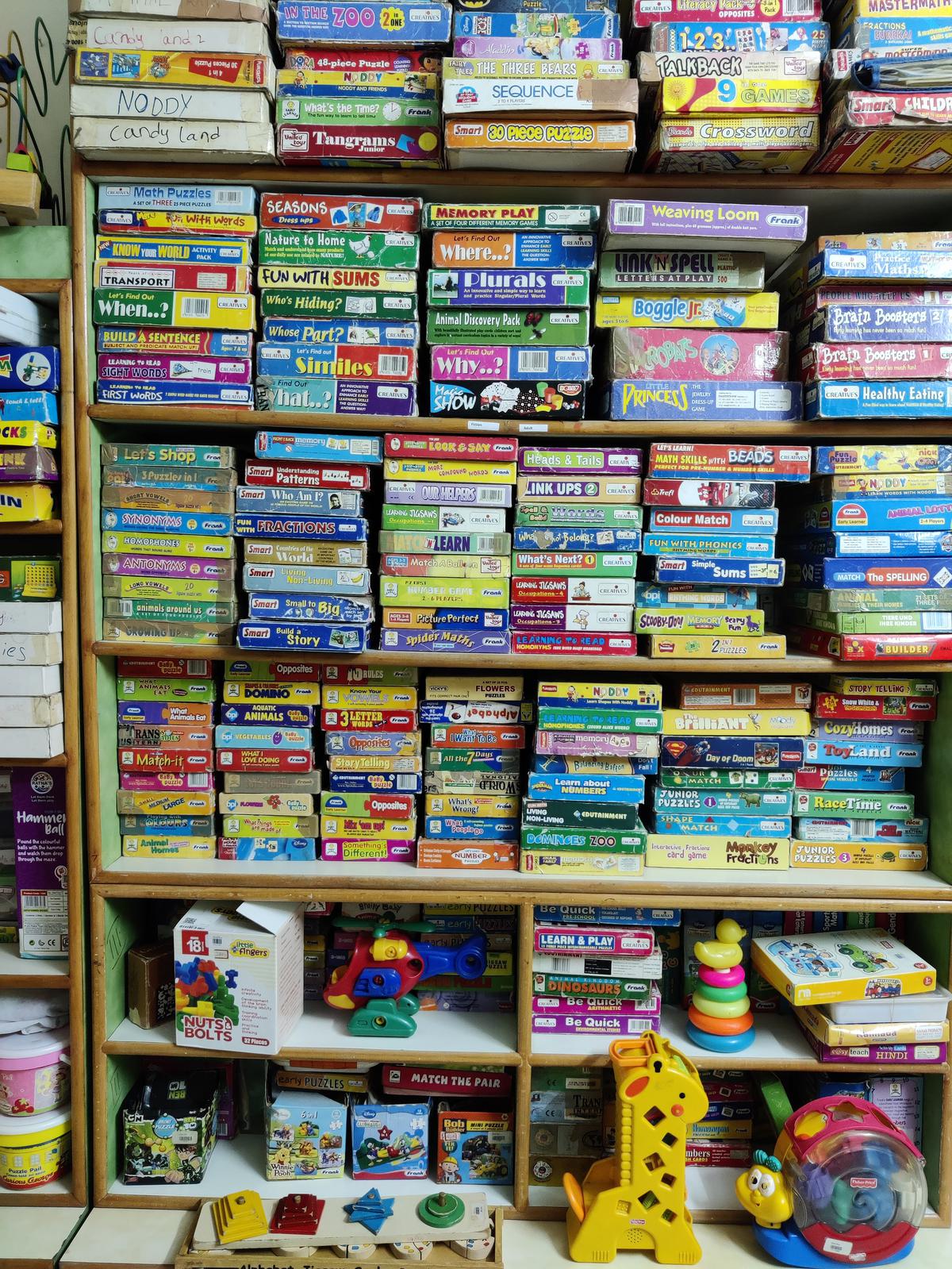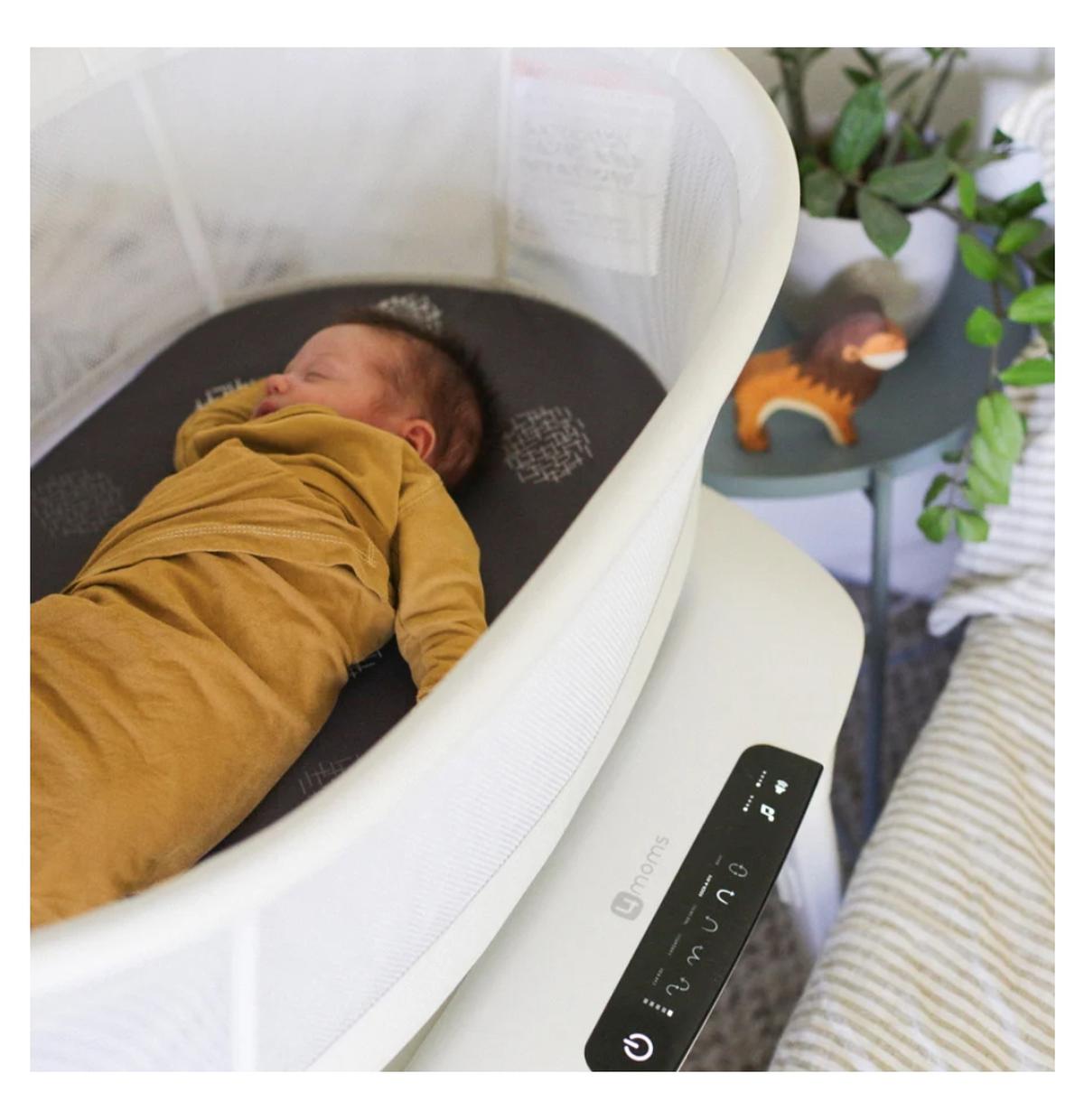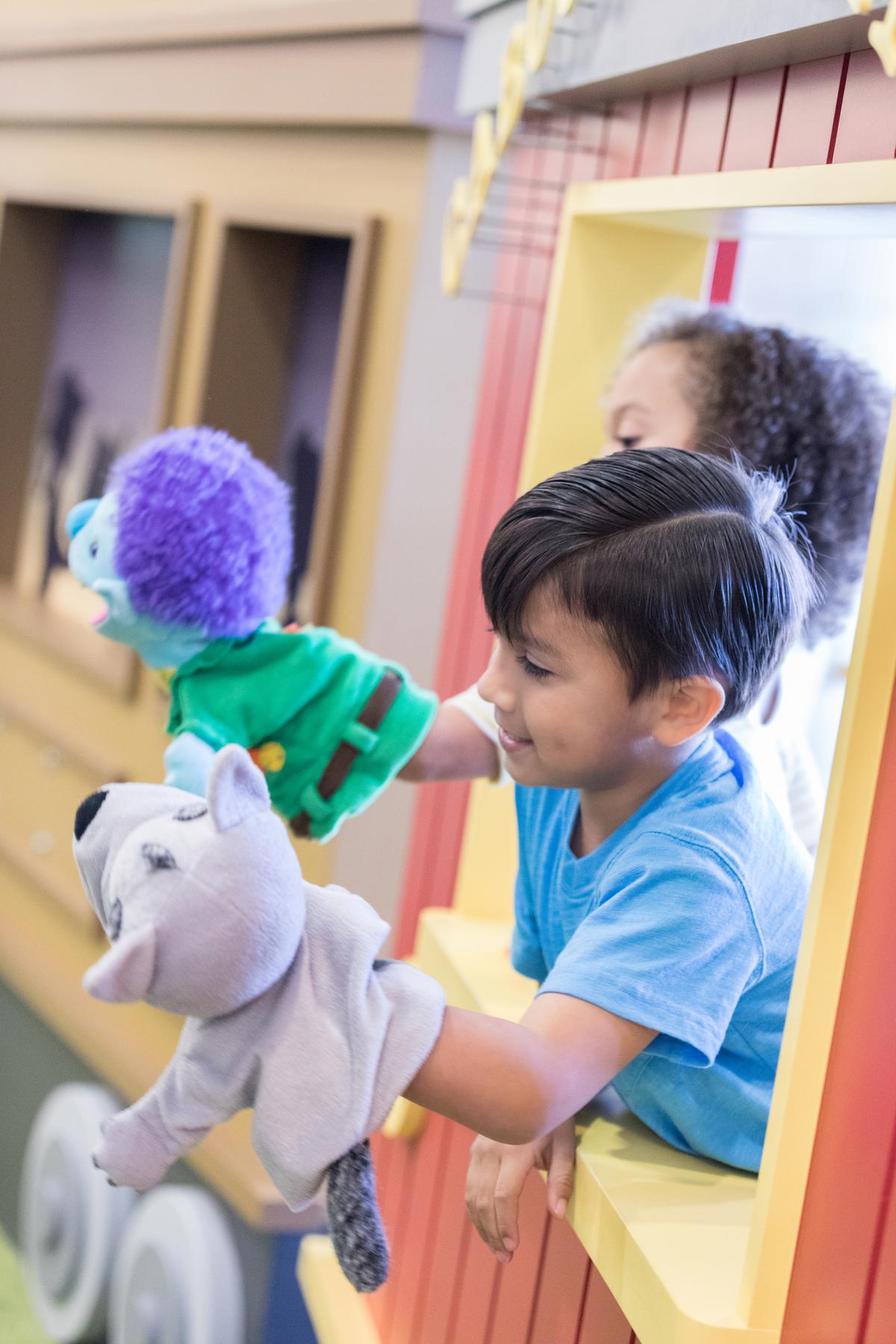In mid-2020, Bengaluru-based Vikram Madhusudhan found his home, and that of his friends’, cluttered with toys but their children glued to screens. The father of a 2.5-year-old son then, he decided to quit his job as a quality manager at Boeing to pursue his entrepreneurial aspirations in the child-learning space. Two years later, Vikram with his brother-in-law, Bhanu Teja, launched Toyflix (toyflix.in), a toy library that specialises in STEM and educational toys.
“I realised I was spending a lot of money on toys, and I was reluctant to part with them due to their sentimental value. The children, however, lose interest in them within a few days,” he says, adding that due to a child’s short attention span, parents are hesitant to invest in expensive STEM and educational toys that are crucial for brain development.
These were the exact two reasons that prompted Sameena Shaikh to start Bundle of Joy last year. The mother of two says the idea sprung from a conversation she had with her mother about a popular baby rocker she bought for her son who was born during the second wave of the pandemic. “I put a lot of effort into the purchase as it wasn’t available in India, but my baby didn’t take to it. This is the same with toys as they get bored of them fast, so I figured renting them would be easier,” says Sameena.
Children at Unnati Books and Toy Library
| Photo Credit:
Special Arrangement
The pioneers
Despite such young players entering the market, the concept of toy libraries is still nascent in India. Bhakti Shah, a pioneer of sorts who launched ThinkBox (thinkbox.co.in) in 2008, says such initiatives are yet to find takers due to poor awareness among the public. A software engineer by profession, she left her job after her son’s birth in 2000, but was excited to see the potential libraries held. “From my earlier visits to Europe and the USA, I realised the possibilities were endless. I recall a seven-storey public library in Copenhagen that had a section for Hindu music LPs!” says Bhakti who started her library for books and toys in a 100 square foot rented shop with 500 books and 200 toys. “I met with distributors and publishers, and saw the products in person before buying them.”
Today, ThinkBox operates from a one-bedroom apartment with a catalogue boasting over 10,000 books and 800 toys. “The response has been good, and we now have 115 members,” says Bhakti.
Neha Jindal, who started a franchise of Mumbai-based Unnati Books and Toy Library (unnatilibrary.com) in 2016, agrees that the concept is yet to pick up in India. “Play as a form of learning is a fairly new concept in our country, and most parents don’t look at toys as essential for a child’s development, but only as a source of entertainment.” Having said that, she is quick to add that new-age parents are more involved with their children and understand the importance of toys, books and board games for their holistic development.

A selection of books and games at ThinkBox
| Photo Credit:
Special Arrangement
Learning through play
With over 2000 subscriptions in Bengaluru today, Vikram sees several reasons behind parents opting for toy libraries. “They offer a cost-effective alternative to purchasing new toys, and give children access to a diverse selection,” he says, adding, “Parents can rotate toys regularly, ensuring their children always have something new and exciting to play with.”
Vikram offers a selection of STEM and educational toys suitable for children aged eight months to eight years. “These are from premium brands such as Funskool, Fisher Price, HAPE, Play Shifu, Roowan, Gelmag, Mattel, etc. We also rent electric remote-operated jeeps for 30 days. With our monthly subscription, you’ll receive three age-appropriate toys and a book, including one STEM toy, one educational toy, and one fun toy.”
The owners also take special care in curating their catalogue based on a child’s age, interests and developmental phases. Bhakti, who purchases her toys from toy fairs in Bengaluru, says such events are great to see what is new in the market as many entrepreneurs bring toys from abroad. “By signing up for a library, parents also get access to books by publishers unheard of in India.”

A bassinet part of Bundle of Joy’s catalogue
| Photo Credit:
Special Arrangement
Neha explains how the demand for educational and open-ended toys has increased. “We provide musical toys, pretend play toys, wooden learning and educational toys, puzzles, open-ended toys for self-exploration, Montessori toys, brain games, board games for various educational concepts like phonics, maths, science, etc as well as family games.” Books for children aged 0-14 years, including board books, picture books, graphic novels and more are also available.
At Bundle of Joy, products are available to rent on a weekly or monthly basis, as opposed to the membership model most libraries follow. “We have a premium collection of toys and baby accessories such as strollers, rockers, and many others that aren’t available in India or are too expensive. Thus, parents prefer renting them,” says Sameena, 32, adding how her catalogue includes products such as swings, slides, playhouses, etc. “We also sell preloved products all over India via our Instagram page.”
The convenience factor plays a role too. Most brands offer home delivery services, and video consultations to pick toys.
Cut to the challenges
Despite the many advantages toy libraries hold, why are they yet to gain a foothold among parents? Vikram says a primary reason they are not popular is due to the “strong emphasis of ownership and possession” in India. “Many see toys as personal belongings and take pride in providing for their own children. Sharing toys through a toy library may not align with this cultural mindset of individual ownership,” he says, adding that concerns about the hygiene of shared toys are a hindrance. Which is why toys are sanitised and delivered in their original packaging by most players.

Toy libraries offer children the opportunity to experience a variety of toys, encourage sharing and social interaction
| Photo Credit:
Special Arrangement
Bhakti believes that such initiatives are marred by the rise in disposable incomes. “Parents don’t spend enough time with their children, and resort to buying toys as a replacement for time.” In addition, they do not want the added responsibility of taking care of rented toys, she adds. Books are easier to maintain, she elaborates. “Toys are tricky to handle. For example, even if one piece of a puzzle is lost, it’s rendered useless.”
However, the common challenge for all players lies in raising awareness for toy libraries that, by nature, do not have marketing budgets. “I see immense potential in toy libraries as they offer children the opportunity to experience a variety of toys, encourage sharing and social interaction, foster creativity and imagination, teach them how to take responsibility for things, and also promote sustainable consumption,” concludes Bhakti.